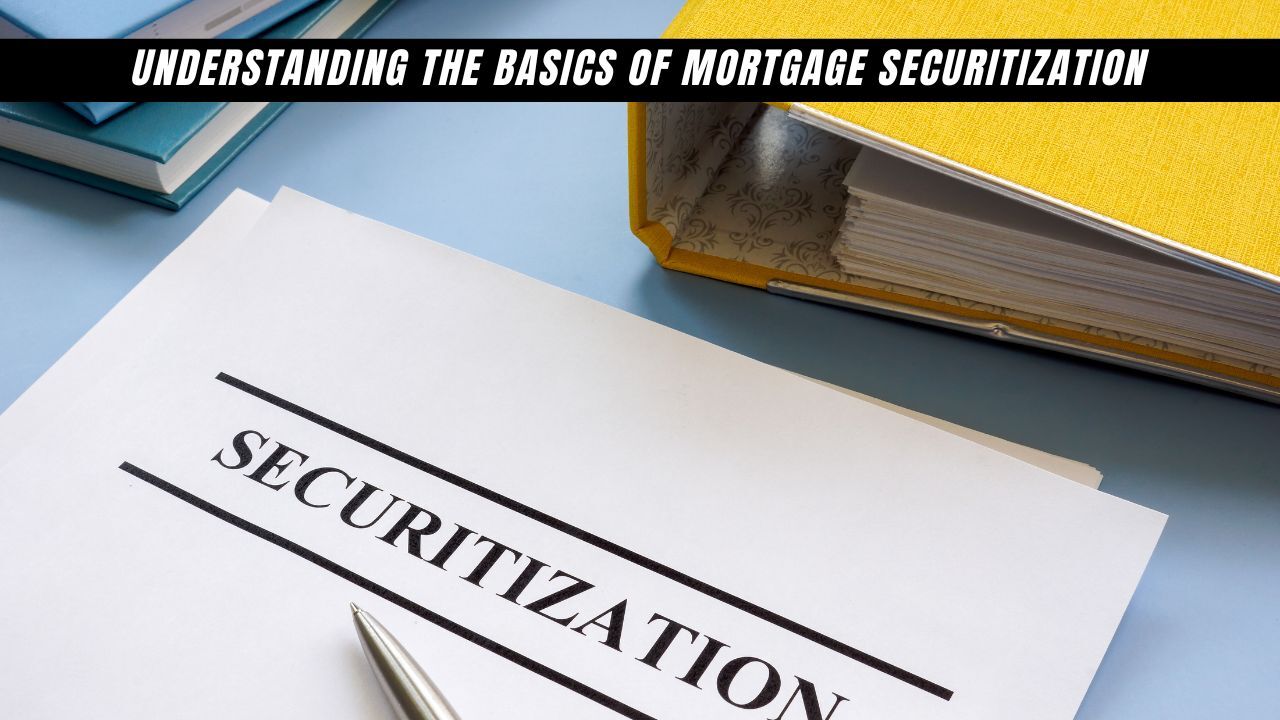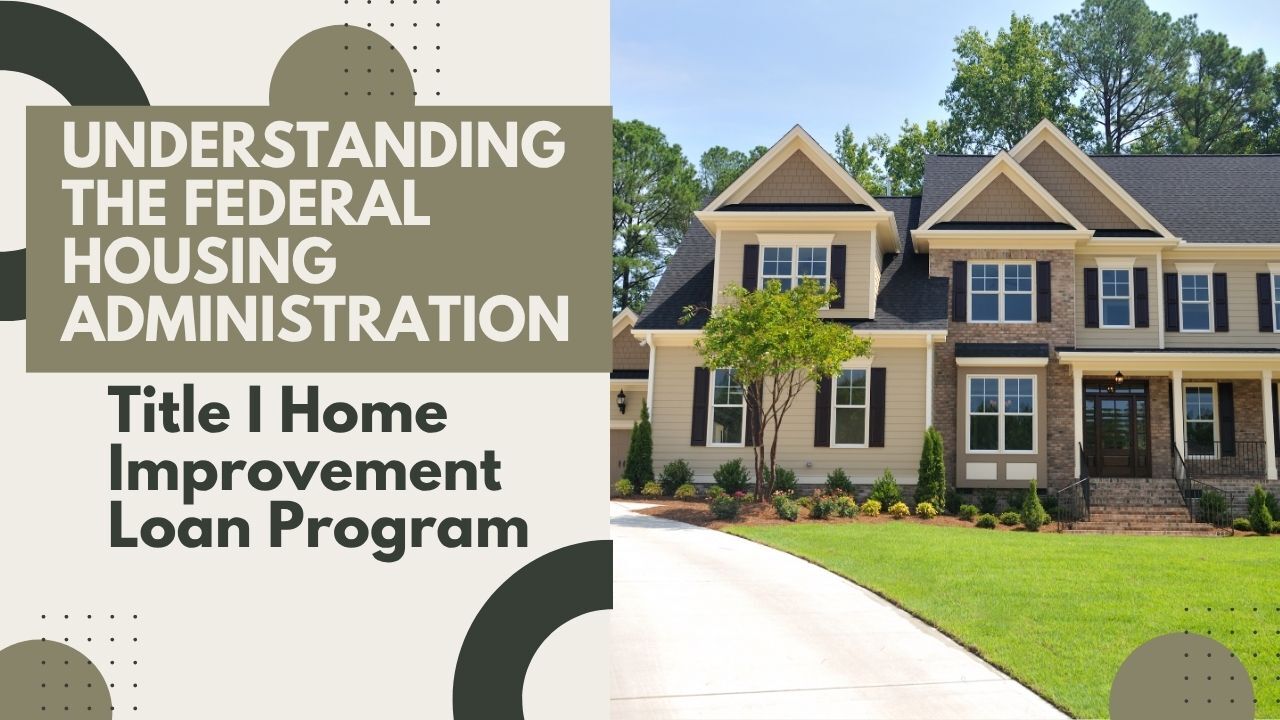 As Americans prepare to celebrate the Fourth of July, it is important to reflect on the core values that define our nation: freedom, opportunity, and the pursuit of a better life. These same ideals continue to inspire individuals and families across the country to pursue homeownership, which remains a foundational part of financial independence and long-term security.
As Americans prepare to celebrate the Fourth of July, it is important to reflect on the core values that define our nation: freedom, opportunity, and the pursuit of a better life. These same ideals continue to inspire individuals and families across the country to pursue homeownership, which remains a foundational part of financial independence and long-term security.
A Historic Commitment to Liberty and Opportunity
Independence Day commemorates the signing of the Declaration of Independence in 1776. This historic moment marked the beginning of a new chapter, centered on liberty and self-determination. Today, those principles are still deeply connected to the American Dream, especially when it comes to owning a home.
Why Homeownership Reflects the American Dream
Homeownership is more than just acquiring property. It is a symbol of stability, progress, and personal achievement. For many, it represents a space to create memories, raise children, and invest in the future. A mortgage is not simply a financial obligation. It is a tool that makes the dream of ownership attainable. It opens the door to long-term equity, community involvement, and pride in what has been built through dedication and hard work.
Building Freedom Through Smart Mortgage Planning
This Fourth of July, while celebrating the freedoms secured by past generations, it is also meaningful to consider how homeownership contributes to a secure and independent future. Whether you are a first-time buyer or planning your next home, the right mortgage strategy can help you reach your goals with confidence.
Independence Begins at Home
Let us honor the spirit of independence by building futures that reflect the values of freedom, commitment, and progress.
 What Is Mortgage Securitization?
What Is Mortgage Securitization? Introduction to the Program
Introduction to the Program